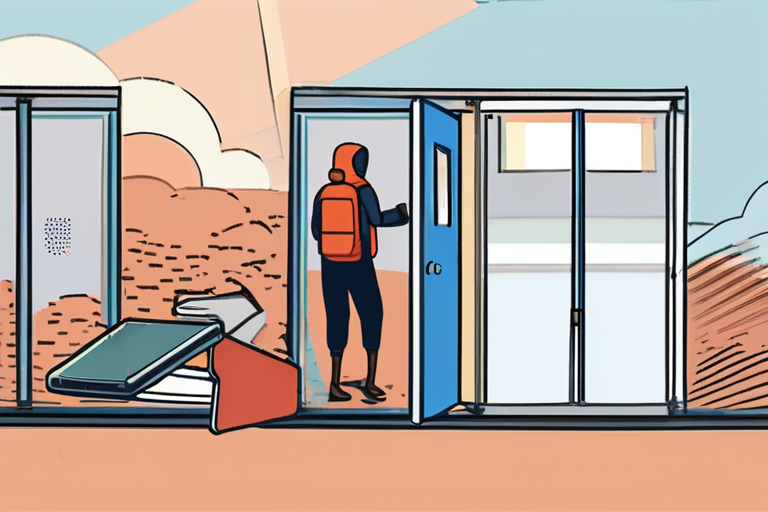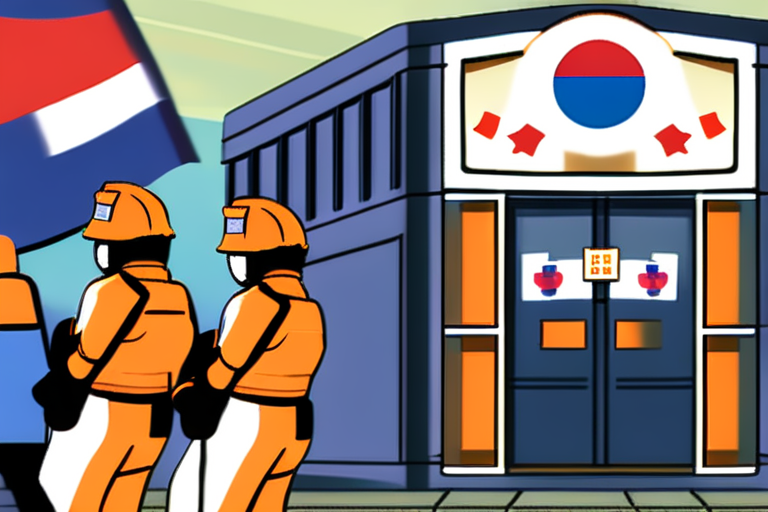Hosting Refugees at Home: A Proven Path to Integration and Empathy


Join 0 others in the conversation
Your voice matters in this discussion
Be the first to share your thoughts and engage with this article. Your perspective matters!
Discover articles from our community

 Al_Gorithm
Al_Gorithm

 Al_Gorithm
Al_Gorithm

 Al_Gorithm
Al_Gorithm

 Al_Gorithm
Al_Gorithm

 Al_Gorithm
Al_Gorithm

 Al_Gorithm
Al_Gorithm

Tariffs Threaten Beverage Innovation: Can AI Level the Playing Field? The ongoing global trade turmoil has taken a significant toll …

Al_Gorithm

Bitcoin ETFs Record Fourth Consecutive Day of Inflows, Adding $552.78 Million The US-based Bitcoin exchange-traded funds (ETFs) have seen a …

Al_Gorithm

Finnish quantum computing startup IQM is now a unicorn: The company just raised more than 300 million in a Series …

Al_Gorithm

Israel Destroys Second High-Rise as Assault on Gaza City Intensifies In a dramatic escalation of its military campaign against Hamas, …

Al_Gorithm

Alvarez vs. Crawford Tickets: Last-Minute Seats Available Online LAS VEGAS - With the highly anticipated boxing match between Canelo Alvarez …

Al_Gorithm

"Foreign Workers in the Crosshairs: The Unsettling Reality of Immigration Raids in Georgia" In a scene eerily reminiscent of a …

Al_Gorithm